Singapore’s pro-business ecosystem offers a wide range of government grants, incentives, and financial support schemes aimed at encouraging business growth, digital transformation, market expansion, and workforce development. While these grants present valuable opportunities for businesses, the application and claims process can be highly procedural — and navigating it incorrectly often results in delays, rejections, or, worse, penalties for non-compliance.
In this article, we highlight some of the most common pitfalls that businesses encounter during the grant lifecycle — and how to avoid them.
Why Grant Compliance Matters
While government grants can significantly offset business costs and drive growth initiatives, they come with strict eligibility criteria, project requirements, and post-approval obligations. Non-compliance, inaccurate claims, or poor documentation can lead to:
-
Rejected applications.
-
Partial or zero disbursement of approved funds.
-
Repayment of funds with penalties.
-
Ineligibility for future government incentives.
-
Reputational risk and audit issues.
Understanding the most frequent mistakes is essential for ensuring a smooth application process and a successful claims experience.
Common Pitfalls in Grant Applications and Claims
Incomplete or Inaccurate Documentation
One of the most frequent reasons for application rejection is incomplete or inaccurate documentation. Applicants often underestimate the level of supporting evidence required, such as business plans, financial projections, vendor quotations, and governance records.
Solution:
Prepare a comprehensive documentation checklist aligned with the grant’s guidelines before submission. Engage corporate secretarial services to validate company records and ensure that financial documents and ACRA filings are current.
Misinterpretation of Eligibility Criteria
Many businesses mistakenly assume they qualify for grants without carefully reviewing eligibility requirements — particularly regarding business activity scope, shareholding structure, or financial position.
Solution:
Review the grant’s terms and conditions meticulously. If uncertain, seek advisory support to assess eligibility risks or potential restructuring options to meet qualifying conditions.
Weak or Generic Project Proposals
Grant applications are often rejected because proposals fail to demonstrate measurable outcomes, business impact, or alignment with the grant’s objectives. Generic, template-based proposals lacking data-backed justifications are a common problem.
Solution:
Invest time in preparing a tailored, well-supported project proposal. Incorporate market research, projected KPIs, and financial impact assessments to strengthen your business case.
Poor Record-Keeping for Claims
Many businesses neglect to keep detailed and organised records during the project implementation phase, making it difficult to justify claims during audit reviews or disbursement requests.
Solution:
Maintain clear, real-time records of project expenditure, vendor invoices, payment receipts, payroll records (for manpower-related grants), and project milestone reports. Ensure digital backups and organised document filing.
Engaging Non-Approved Vendors or Service Providers
Certain grants require applicants to engage vendors from pre-approved panels or lists. Overlooking this condition can result in disqualification of claims, even for completed projects.
Solution:
Confirm vendor eligibility before engaging external service providers. Retain vendor approval letters or listings as evidence for submission.
Missing Application or Claim Deadlines
Deadlines for application submission, claim disbursement, or milestone reporting are strictly enforced. Missing these can result in automatic forfeiture of funds or eligibility.
Solution:
Create a detailed project timeline and compliance calendar tracking all grant-related deadlines. Appoint an internal compliance officer or outsource grant administration to advisory professionals.
Underestimating Post-Grant Compliance Obligations
Grant recipients often fail to maintain post-project reporting or follow-through on KPIs and audit obligations. Non-compliance can lead to partial clawbacks or blacklist status for future funding.
Solution:
Assign ongoing compliance monitoring responsibilities and conduct periodic internal reviews of grant deliverables, progress reports, and audit readiness.

